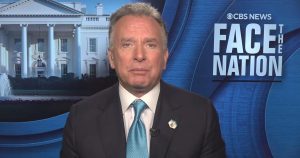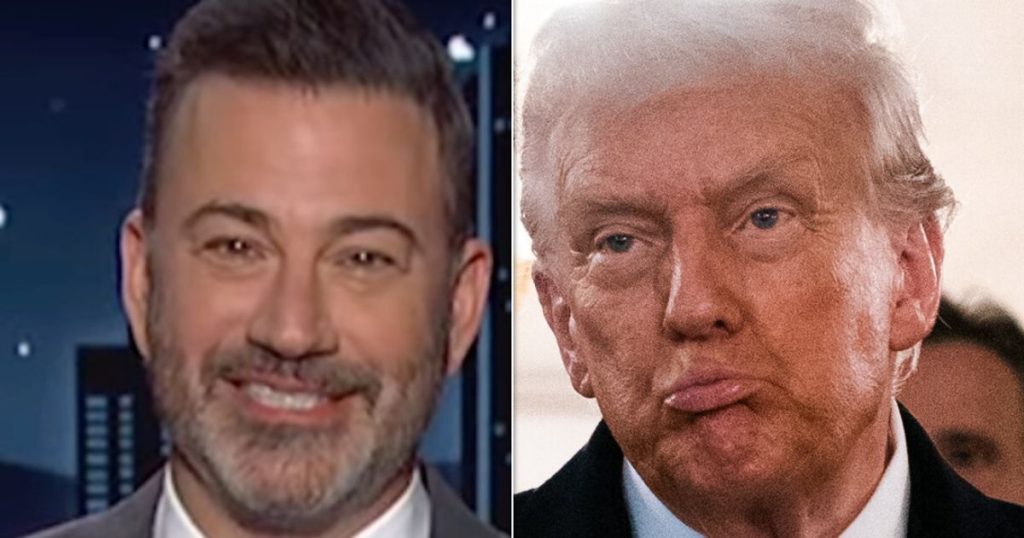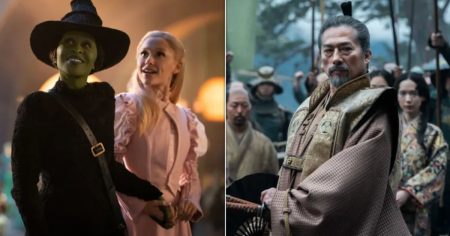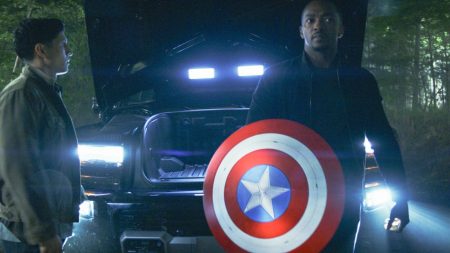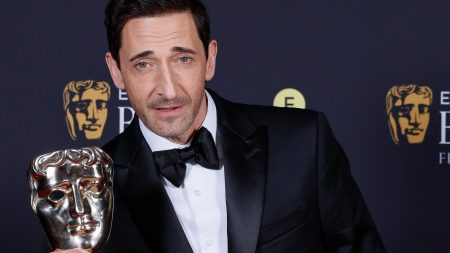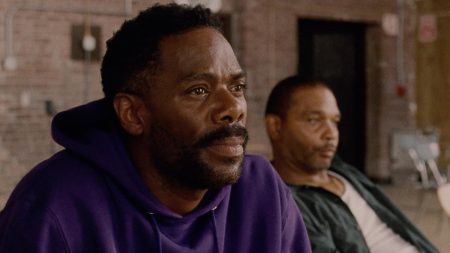Donald Trump and the Question of Succession: A Look into the Future of the GOP
The political landscape of the United States is always abuzz with speculation, especially when it comes to the future of the Republican Party. In a recent interview on Fox News, Donald Trump was posed a question that has sparked a lot of conversation among political pundits and the general public alike. The question was straightforward: Does Trump view J.D. Vance, the current U.S. Senator from Ohio and a key figure in the GOP, as his potential successor and the Republican nominee for the 2028 presidential election? Trump’s response was both direct and telling. He simply said, “No,” but quickly added, “But he’s very capable.” This non-endorsement has raised eyebrows and led to a wave of reactions across various platforms, including late-night television.
Trump’s Response and the Implications
Trump’s answer to the question about Vance was classic Trump—direct, unfiltered, and leaving room for interpretation. By saying “No,” Trump made it clear that he does not currently see Vance as his successor, at least not in the context of the 2028 election. However, by acknowledging Vance’s capabilities, Trump left the door open for future possibilities. This response is emblematic of Trump’s political style, which often involves keeping options open and avoiding commitments that might tie his hands down the line.
The implications of Trump’s response are multifaceted. On one hand, it could be seen as a vote of confidence in Vance’s abilities, even if Trump is not ready to anoint him as his official successor. On the other hand, it could also be interpreted as a strategic move to keep the Republican field open for other potential candidates, including possibly himself, should he decide to run again. The fact that Trump cannot run again in 2028 due to term limits adds another layer to this conversation, as it forces speculation about who might carry the torch for the Trump wing of the Republican Party.
Jimmy Kimmel’s Take on Trump’s Non-Endorsement
Leave it to late-night television to add some humor and perspective to the political drama. Jimmy Kimmel, known for his sharp wit and political commentary, weighed in on Trump’s non-endorsement of Vance during his Tuesday night monologue. Kimmel laughed at the brutal honesty of Trump’s response, comparing it to something out of a bad relationship. “That is colder than Melania’s side of the bed,” Kimmel joked, referencing the well-documented chill in the Trumps’ marriage. He also quipped that Trump could have at least pretended to think about it for a minute, suggesting that even a little insincerity might have softened the blow.
Kimmel’s commentary serves as a reminder of the role late-night television plays in shaping public perception of political figures. By framing Trump’s response in a relatable and humorous way, Kimmel made the situation more accessible to a wider audience. His jokes often act as a mirror, reflecting back the absurdity or humor in political moments that might otherwise go unnoticed.
Checking In on J.D. Vance
In a clever twist, Kimmel decided to “check in” on J.D. Vance to see how he was handling the snub. In a comedic sketch during his monologue, Kimmel portrayed Vance as a dejected figure, played by actor Haley Joel Osment, who expressed his disappointment at Trump’s non-endorsement. The sketch was light-hearted and poked fun at the often-cutthroat nature of politics, where even the slightest hint of disapproval from a party leader can send shockwaves.
This segment of Kimmel’s show humanized Vance, presenting him as a relatable figure dealing with the ups and downs of political life. It also highlighted the peculiar dynamic between Trump and Vance, who has often been seen as a Trump loyalist. The sketch served as a reminder that even in the high-stakes world of politics, there’s room for humor and vulnerability.
The Broader Implications for the Republican Party
Trump’s non-endorsement of Vance speaks to a larger conversation about the future of the Republican Party. As the GOP continues to navigate the post-Trump era, questions about who will lead the party next remain unanswered. Vance, as a young and ambitious politician, is often seen as a potential standard-bearer for the MAGA wing of the party. However, Trump’s refusal to anoint him as his successor suggests that the field for 2028 is wide open, with several candidates potentially vying for the nomination.
This uncertainty creates both opportunities and challenges for the Republican Party. On one hand, it allows for fresh faces and new ideas to emerge, which could help the party reconnect with a broader audience. On the other hand, it could lead to a contentious primary battle, with candidates jockeying for position and trying to align themselves with Trump’s base. The lack of a clear successor also raises questions about whether Trump will continue to exert influence over the party, even if he’s not on the ballot.
The Role of Late-Night Television in Shaping Political Conversations
Jimmy Kimmel’s monologue on Trump’s non-endorsement of Vance is just one example of how late-night television continues to play a significant role in shaping political conversations. Shows like Jimmy Kimmel Live! serve as a platform for commentary and critique, offering audiences a unique perspective on the day’s events. By using humor to highlight the absurdity or irony in political situations, late-night hosts like Kimmel help to make complex issues more digestible for a wider audience.
Moreover, these shows often act as a barometer of public sentiment, reflecting the feelings and reactions of viewers who might not engage with political news in a more traditional way. Kimmel’s jokes about Trump and Vance, for instance, resonate with viewers who are looking for a way to process the constant stream of political news. In this way, late-night television becomes a catalyst for conversation, encouraging viewers to think critically about the issues and figures that shape our world.
Conclusion: The Ever-Changing Landscape of American Politics
As the 2028 election looms on the horizon, the question of who will lead the Republican Party remains unanswered. Donald Trump’s non-endorsement of J.D. Vance is just one piece in a much larger puzzle, with implications that extend far beyond a single election cycle. The humor and commentary from figures like Jimmy Kimmel remind us that politics is not just about policy and power—it’s also about people, personalities, and the often-dramatic ways in which they interact.
In the end, Trump’s response to the question about Vance serves as a reminder of the unpredictability of American politics. Whether it’s through a late-night monologue or a cable news interview, the story of the Republican Party’s future continues to unfold in ways that are both fascinating and unpredictable. As we look ahead to 2028, one thing is certain: the journey to the next presidential election will be filled with twists, turns, and plenty of humor along the way.
